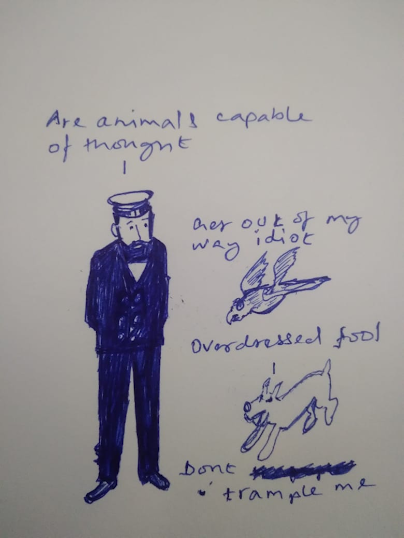F.
Scott Fitzgerald (1896-1940), was an American short-story writer and novelist.
"This Side of Paradise" made Fitzgerald famous at the age of 24 and
he married Zelda Sayre. "The Beautiful and the Damned" (1922), describes
a young man and his beautiful wife, who gradually degenerate into middle age
while they wait to inherit a large fortune. Ironically, they finally get it,
when there is nothing of them left worth preserving. Perhaps to avoid this the
Fitzgerald's together with their daughter led an extravagant disorderly life.
Fitzgerald began to drink too much and Zelda suddenly, inexplicably began
practicing ballet dancing night and day. In 1930 she had a mental breakdown and
in 1932 another, from which she never really recovered.
Through the 1930's they fought to save their life together, but the battle was lost and Zelda was admitted to a sanatorium. His next novel "Tender is the Night" is the story of a psychiatrist who marries one of his patients, who as she slowly recovers exhausts his vitality until he is "a man used up." Unfortunately for Fitzgerald, the book was commercially unsuccessful. With this failure and the despair over Zelda, Fitzgerald was close to becoming an incurable alcoholic. However, by 1937 he recovered enough to become a scriptwriter in Hollywood. In 1939 he began the novel "The Last Tycoon." It was Fitzgerald's last attempt to capture a dream he had for a long time. In its intensity of imagination and brilliance of its expression, it is equal to anything Fitzgerald ever wrote. And it was typical of his luck that he died of a heart attack with the novel only half-finished at the age of 44.




























